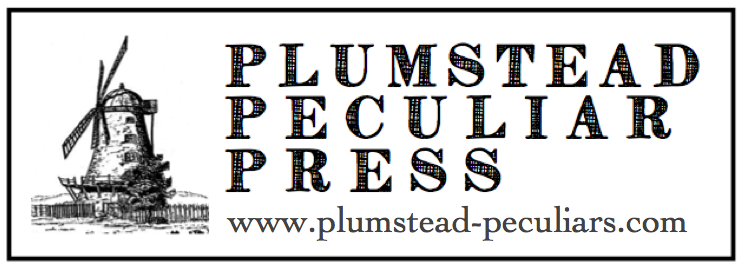PPP1407 Jacques-François Gallay: Trois chansons pour chant et cor
PPP1407 Jacques-François Gallay: Trois chansons pour chant et cor
Deux morceaux de concert pour chant et cor avec accompagnement de piano:
Une larme furtive (Una furtiva lagrima) de L’elisire d’amore. Gaetano Donizetti arr. Jacques-François Gallay
Fuis laisse moi (Da che tornasti) de Robert Devereux. Gaetano Donizetti arr. Jacques-François Gallay
et
L’appel du chasseur (Alla caccia) de Soirées italiennes, pour chant et cor avec accompagnement de piano. Saverio Mercadante arr. Jacques-François Gallay
Having set themes from L’elisire d’amore in his Fantasia Op.46, Gallay returns to famous Act II aria ‘Une larme furtive’ (‘Una furtiva lagrima’) in the first of the Deux morceaux de concert (1839). The vocal line is a direct transcription of the vocal line (Nemorino) whilst the horn line is a mixture of the solo bassoon, clarinet and horn lines from the original orchestration. In the duet ‘Fuis Laisse Moi' (‘Da che Tornasti') taken from Act I, scene 9 of Robert Devereux the vocal line takes the role of Sara whilst the horn takes the role of Roberto.
‘L’appel du chasseur’ (‘Alla caccia!’) is a setting of an unusual duet for two tenors from Mercadante’s Soirées italiennes or, in its original Italian form, Serate italiane (c.1836). The duet, with words by Count Pepoli, was designed to wow Parisian salons and dedicated to the two tenors Giovanni Battista Rubini (1794–1864) and Nicola Ivanoff (1810–1880). In 1836 Rossini had invited Mercadante to write his first work, I Briganti, for the Théâtre Italien. I Briganti featured both Rubini in the role of Ermano and Gallay in the horn obligato for the aria “Ove a me rivolgui un guardo”. The opera “starts with a horn solo, performed with the surety, melodic grace and good style that characterises the talent of Mr. Gallay” (Revue et gazette musicale de Paris, Volume 3, 1836, p. 99). Whilst the horn takes some of the vocal lines, Gallay reduces most of Mercadante’s original vocal lines to one part giving the horn idiomatic hunting calls that comment on the action.
An author in his own right, Louis-Ernest Crevel, (1806–1882, also known under the nom de plume of Crevel de Charlemagne) was also a noted translator of both Italian and German libretti. His translations of these particular works are quite “loose” and therefore translations of the French rather than the more well known Italian texts have been provided here. Roberto’s unspoken words voiced by the horn part in ‘Fuis laisse moi’ are reproduced from Etienne Monnier’s 1841 translation of Robert Devereux for the Théâtre des Arts de Rouen.



